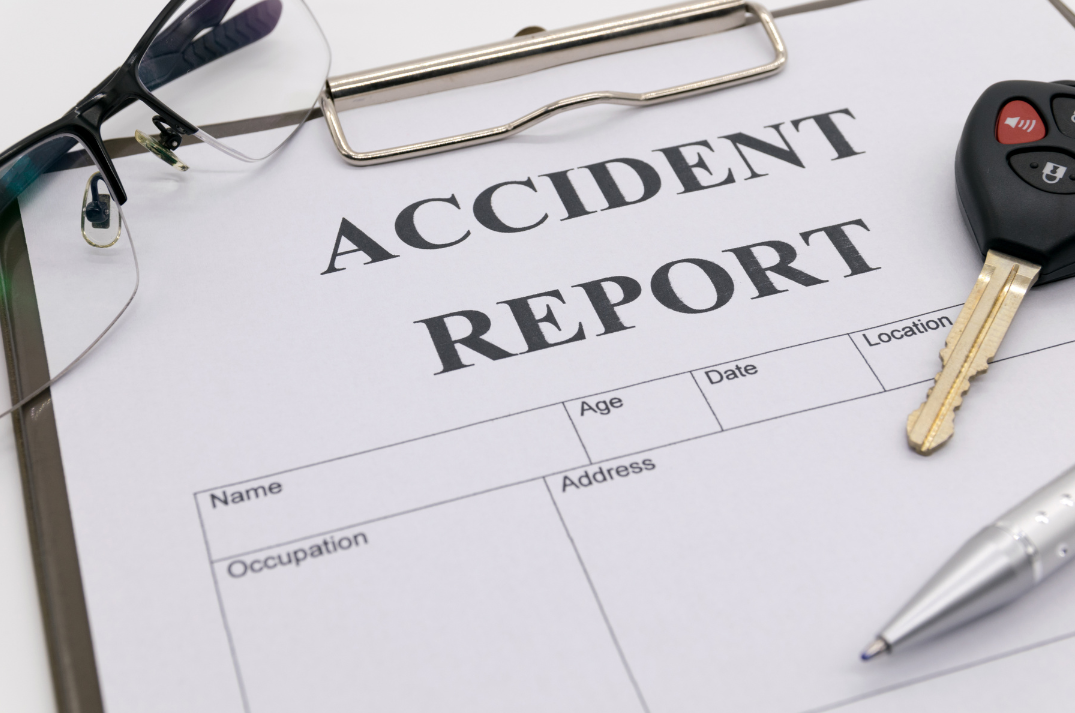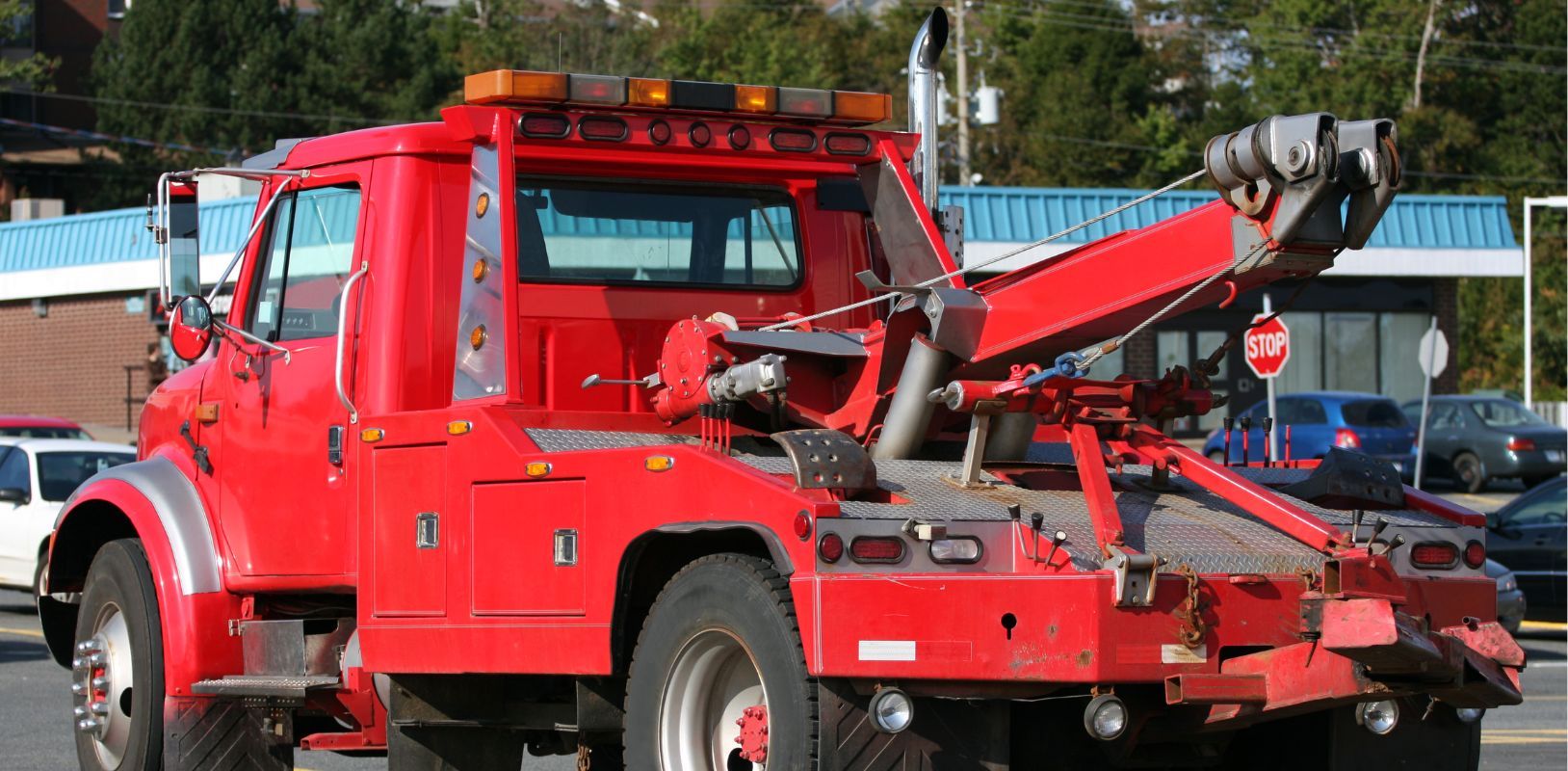How to Write a Settlement Demand Letter to Your Insurance Company for An Injury Case
A demand letter is a critical document in a personal injury case that formally requests compensation from the at-fault party or their insurance company. A carefully prepared demand letter can help ensure you receive fair compensation for your injuries and damages. Here’s how to write a compelling settlement demand letter using best practices in Las Vegas, NV. If, in the course of preparing your demand, you would like to consult with an experienced personal injury or car accident attorney, please feel free to contact our office at (702) 291-8007 or by email. Initial consultations are completely free.
| Covered In This Post | Description |
| Introduction to Demand Letters | The importance and aim of demand letters. |
| Purpose and Timing | Role and optimal timing for sending a demand letter. |
| Crafting Your Demand Letter | Steps for writing an effective demand letter. |
| Key Components and Best Practices | Guidance on essential components and best practices. |
| Common Mistakes to Avoid | List of errors that can undermine your claim. |
| The Role of an Attorney | Benefits of involving an attorney in your claim. |
| Impact of a Strong Demand Letter | Influence of a well-crafted letter on negotiations. |
| Conclusion | Importance of a thoughtfully crafted demand letter. |
When is the right time to send a demand letter for a personal injury case in Las Vegas?
Understanding the Purpose and Timing
A demand letter aims to initiate settlement negotiations and resolve your injury claim prior to initiating a case in court. It puts the at-fault party, and usually their insurer, on notice that you intend to pursue compensation for your losses.
The best time to send a demand letter is once you have a good understanding of the full extent of your injuries and damages. This is typically after you have reached maximum medical improvement following an injury or accident. This occurs when your doctor determines your condition has stabilized and further treatment is unlikely to significantly improve your health. At this point, you will know the full costs of medical treatment and can accurately calculate lost income and other damages.
However, if treatment is ongoing for an extended time, it may be beneficial to send the demand letter sooner. Consulting with an experienced personal injury attorney can help determine the right timing. If you have questions about the best time to send a demand in your particular case, you are welcome to contact our office.
How can you write an effective personal injury demand letter that captures all necessary details?
Crafting Your Demand Letter
An effective demand letter concisely summarizes the accident details, clearly attributes fault, thoroughly outlines damages, states your demands, and includes relevant supporting documentation.
Here are tips for drafting a strong letter:
- Clearly state that the demand is for settlement purposes only: In Las Vegas, clearly stating that the demand is “for settlement purposes only” can help ensure that the responsible party, and/or their insurance company, cannot use the information you provide in the demand against you later. This should allow you to more freely state the basis for your claim and the damages you seek. However, please note that the information you provide can still be used against in certain circumstances and for certain limited purposes.
- Lead with a summary of the accident: Briefly explain how the accident happened, the negligent actions of the other party, and your resulting injuries. In a motor vehicle accident case, this typically includes analyzing the fault and negligence of the other driver(s) by describing how the accident occurred, referring to police reports, eyewitness statements, and applicable traffic laws.
- List medical expenses: Detail doctor visits, hospital stays, procedures, medication, and therapy with exact costs, and include a section on pain and suffering in your personal injury demand to fully explain the pain you endured as a result of your injuries.
- Calculate lost income: Document missed work days and lost wages or business profits.
- Describe non-economic damages: Explain physical/emotional pain and its impact on relationships and quality of life.
- Attach supporting documentation: Include medical records, police reports, income verification, receipts, and other relevant evidence, as well as a detailed account of pain and suffering. Note that these documents often include sensitive information and should be sent via a secure method.
Thoroughly outlining damages in your letter, along with documentation, makes your claim more credible and persuasive for obtaining fair compensation.
What common mistakes should you avoid in your demand letter, and how can these errors impact your case?
List of common mistakes
- Failing to establish liability and negligence refers to not successfully proving that the other party was at fault for the incident that caused your injuries. In legal terms, liability means responsibility for the accident, and negligence implies that the party failed to act with reasonable care, leading to your injuries, including pain and suffering.
- Asking for too much or too little compensation involves not accurately calculating or justifying the compensation you’re requesting. Asking for too much can make your claims seem unreasonable, potentially leading to outright rejection or protracted negotiations. Asking for too little undervalues of your claim can result in a settlement that doesn’t fully cover your losses and expenses.
- Making exaggerated or unsupported claims involves overstating the extent of your injuries or damages without sufficient evidence to back up these claims. Exaggeration can undermine your credibility and weaken your overall case.
- Using overly aggressive or emotional language can be off-putting and may hinder constructive negotiations. It’s important to express the seriousness of your claim while remaining courteous and professional. While feeling emotional or angry about your situation is understandable, a demand letter should maintain a professional tone.
- Failing to provide the necessary documentation in your demand letter. This includes medical records, bills, proof of lost wages, police reports, and other evidence substantiating your injuries and expenses.
- Setting unrealistic deadlines for response in a settlement demand letter can lead to unnecessary tension and may even delay the negotiation process. While expecting a timely response is reasonable, setting an unrealistic deadline can be counterproductive.
When should you involve an attorney in drafting your demand letter, and what benefits do they bring?
The best time to involve a law firm is at the start of your personal injury lawsuit, including assistance in drafting your initial demand letter to the insurance company. Personal injury law can be complex, with demanding procedural requirements and strict deadlines. An experienced lawyer understands the formal legal process and negotiation tactics that produce optimal settlements. Moreover, their experience may allow them to prepare a much more effective demand, significantly increasing the resulting settlement.
Having an SJW Car Accident & Injury lawyer prepare and send a demand letter on your behalf and represent your best interests during settlement talks, especially when negotiating compensation for pain and suffering, could have a significant impact on the ultimate outcome. Their legal expertise and negotiation skills can be invaluable for reaching an optimal claim resolution. If you would like to discuss your potential claims with one of the accident attorneys at SJW, please contact us at your earliest convenience.
Final Thoughts: Mastering the Art of the Demand Letter for Maximum Compensation in Your Personal Injury Case
In conclusion, thoughtfully crafting your demand letter can be invaluable for obtaining a fair resolution of your injury claim. Ideally, it summarizes your accident, thoroughly details damages, professionally states your demands, and includes documentation evincing your losses.
| Key Takeaway | Summary |
| Role of Demand Letters | For requesting compensation and initiating settlement negotiations. |
| Timing | The best timing depends on the facts of each particular claim, but is often after medical treatment has stopped. |
| Important Sections to Include | Include accident summary, liability, damages, and demands. |
| Attorney Involvement | Attorneys can help ensure demands are well-crafted and handle negotiations. |
| Positive, Professional Tone | Well-written letters with a positive and professional tone can lead to productive negotiations. |
Seeking experienced legal counsel can help guide your next actions, including how to write a demand letter for your personal injury. If initial settlement offers from the driver’s insurance company do not adequately cover your losses, an attorney may be able to negotiate more appropriate compensation.
Our experienced personal injury lawyers at SJW Injury Law offer FREE case evaluations and legal consultations to injury victims in Nevada. To learn more about your rights and options after an accident, contact us at (702) 291-8007 or email us today.





